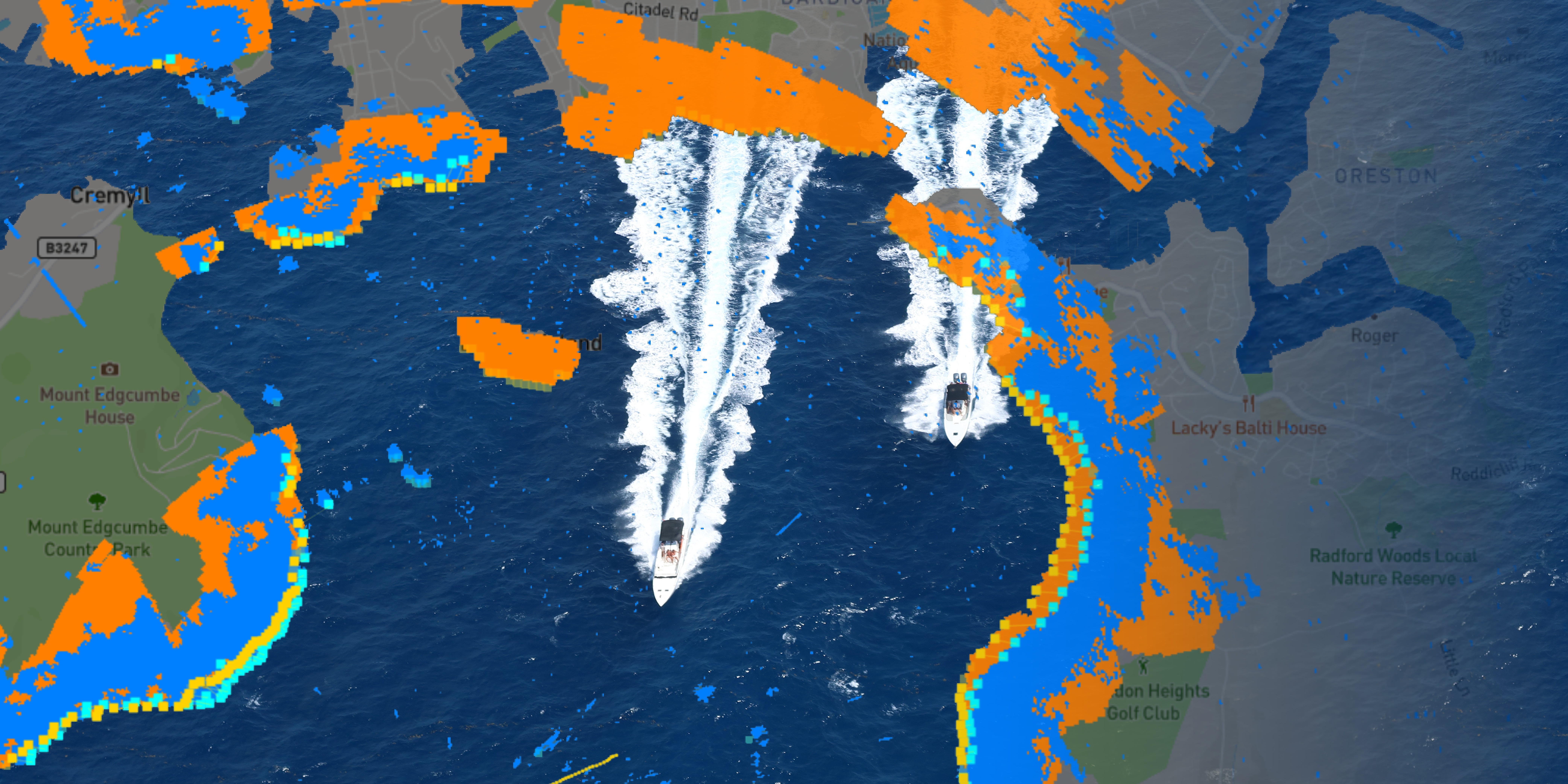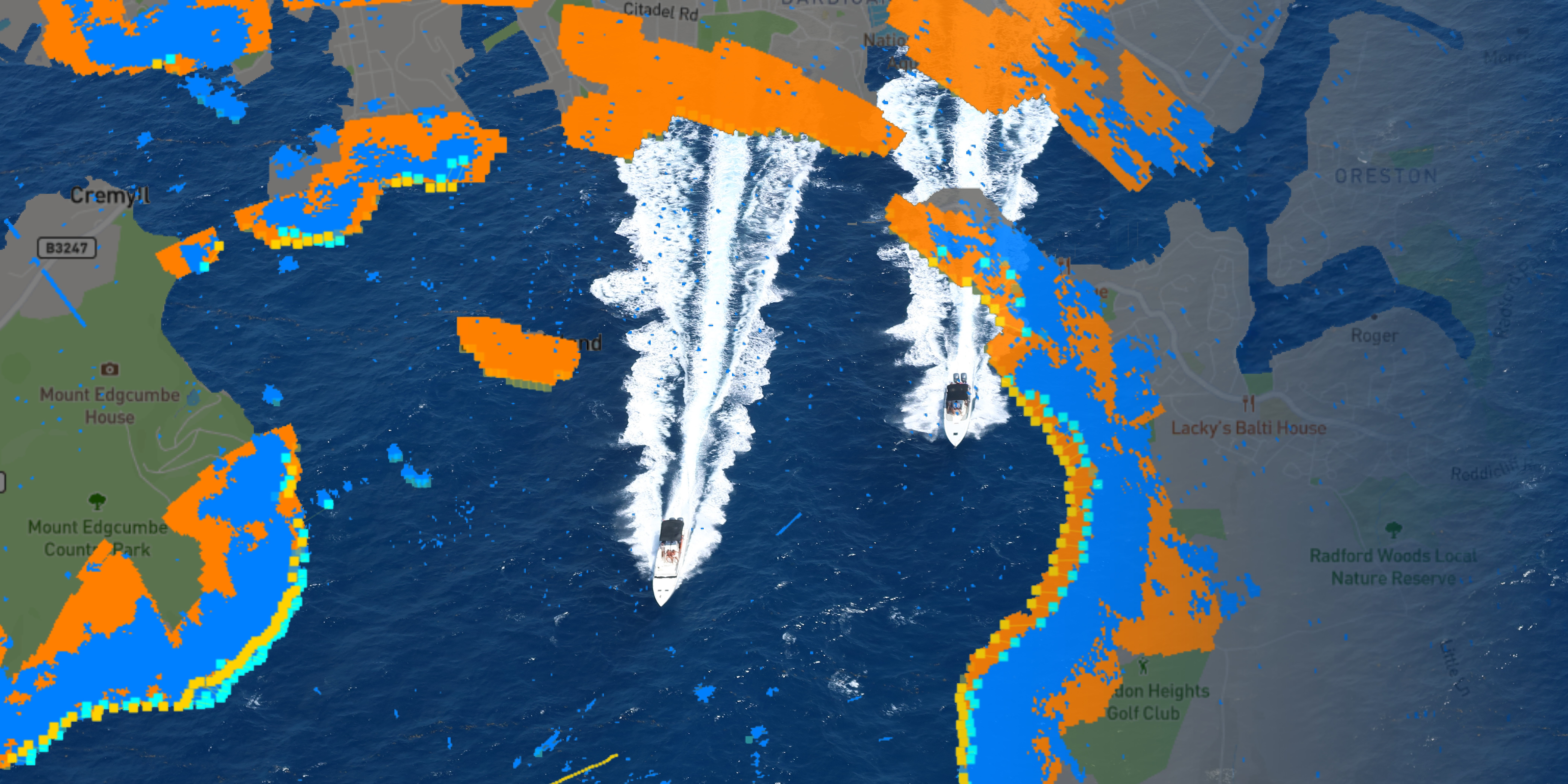- Cambridge Pixel, a UK based company specialising in radar display, tracking and recording sub-systems has developed a radar software solution for GPS loss at sea.
CAMBRIDGE, United Kingdom, February 1, 2022– The Global Positioning System (GPS) is critical to navigation and is widely relied upon by mariners as it is considered easy to use, reliable and accurate. However, it is possible to hack, spoof or jam a GPS signal to disrupt a vessel’s path, and such situations could have serious consequences for situational awareness at sea, particularly for unmanned or autonomous vessels (USVs/ASVs).
Cambridge Pixel has today launched a radar-based software solution called GPS Assist that uses data from an existing maritime radar to estimate the latitudinal/longitudinal position of a ship or USV by comparing received radar data with expected radar returns that are predicted from the appearance of local terrain and shorelines. The calculated position is then compared with GPS-received position, with errors being used to infer missing, spoofed or jammed GPS signals. When this is detected, GPS Assist raises an alarm and creates its own stream of NMEA-based navigation data with the goal of providing emergency navigational information.
GPS Assist is compatible with Windows 10 (or later) and Linux, has a browser-based interface for initial configuration and will work anywhere in the world after a preload of global terrain data. The software will interface to all standard maritime radars such as Simrad, Raymarine, Furuno, Hensoldt, JRC or Raytheon. Cambridge Pixel's range of radar interface cards and format conversion modules might be required to help couple to a particular radar.
Commenting on the release, Steve Priest the GPS Assist Product Manager said “With GPS being such an essential component of navigation, defending against loss or spoofing is critical. GPS Assist does this using radars already on the boat, thereby providing a very cost-effective capability”.
Cambridge Pixel's radar technology is used in naval, vessel traffic, unmanned systems, Electronic Chart Display and Information Systems (ECDIS), commercial shipping, security, surveillance as well as airborne radar applications.
The company’s technologies have been implemented in mission-critical applications by companies such as BAE Systems, Frontier Electronic Systems, Lockheed Martin, Maris, Marico Marine, The US Navy, ASV Global, SEA-KIT, SOFRESUD and others.
For more information on how this solution works, watch this video.
Found this interesting? Please share it with your network:



